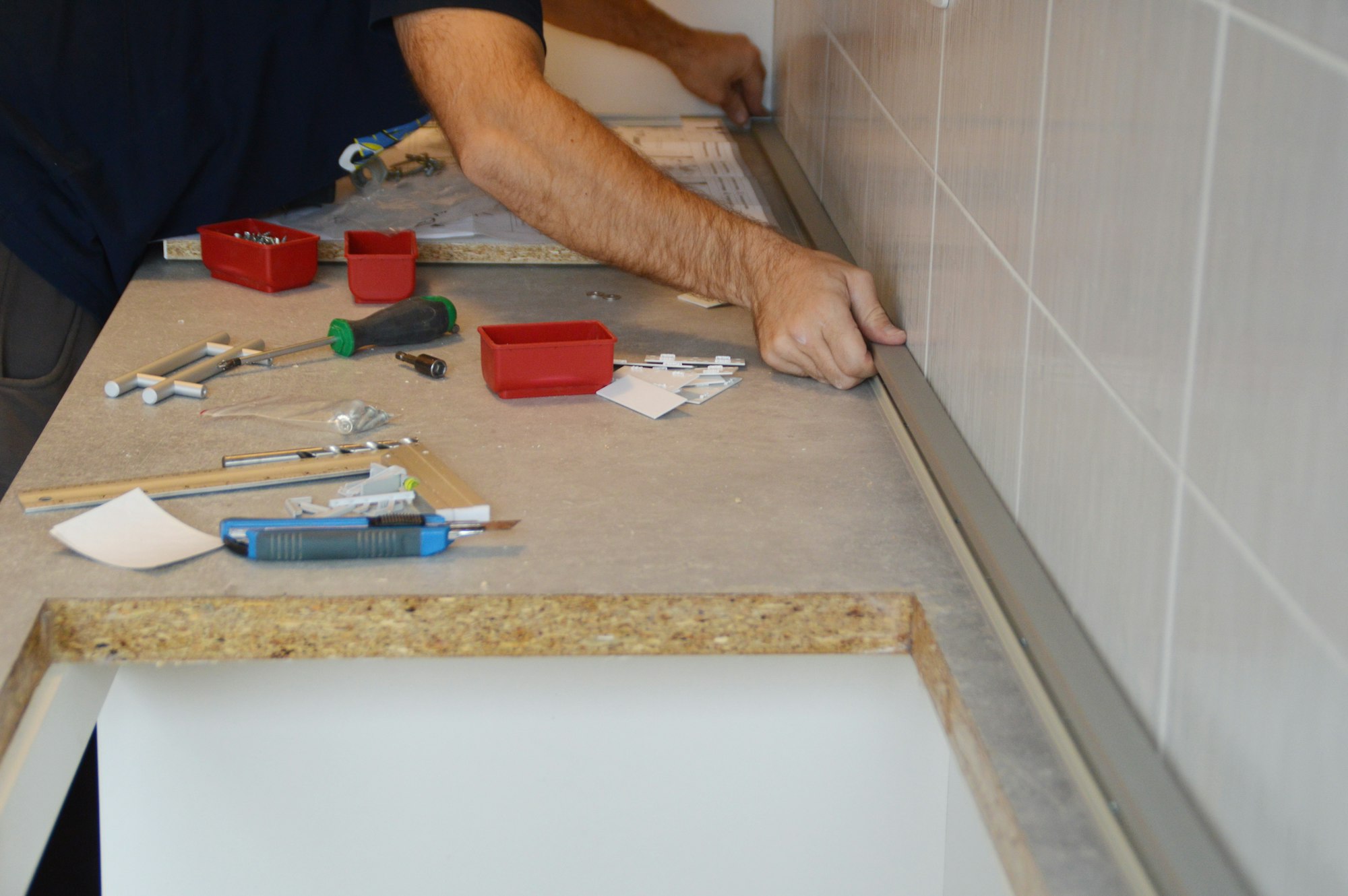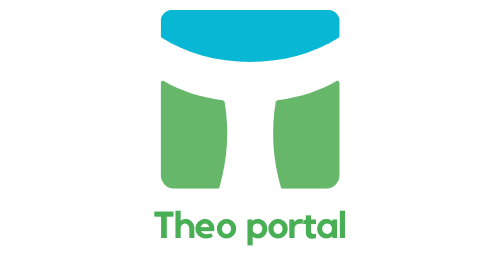Essential home improvement tips for every homeowner's toolkit

Homeownership comes with endless responsibilities, but it doesn't have to be overwhelming. With the right tips and tools, anyone can tackle essential improvements effectively. Whether you're sprucing up your space or maintaining it, smart strategies can simplify your projects. This guide offers practical advice for building a solid toolkit, empowering you to take charge of your home maintenance journey with confidence.
Essential Home Improvement Tips for Every Homeowner
Every homeowner should have a well-rounded toolkit to tackle common repairs and maintenance tasks. A home maintenance checklist is essential for staying organized and proactive. Regularly inspect your home for issues like leaky faucets, clogged gutters, and cracked tiles. Addressing these problems early can prevent costly repairs down the line.
A lire également : How to Navigate the Legal Aspects of Crowdfunding for UK Startups?
Investing in essential tools for home repair is crucial. Start with a sturdy 16oz claw hammer for general use, and add a screwdriver set for tasks like assembling furniture. A tape measure, such as the Stanley Fatmax, ensures precision in all your DIY projects. Don't forget a utility knife for cutting tasks and a stud finder for securely hanging items on walls.
Safety should always be a priority. Equip yourself with HDX safety goggles to protect your eyes during repairs. A cordless drill, like the DeWalt 20V Max, is invaluable for drilling holes and driving screws efficiently.
Cela peut vous intéresser : What Is the Role of Genetic Engineering in Crop Resistance to Pests and Diseases?
For more practical advice and to explore a wide range of home improvement topics, visit Stewartville Star. Their articles offer insights into DIY projects and home maintenance strategies that can help you become more self-sufficient in managing your home. Access now.
Must-Have Tools for Home Repair
Hand Tools for Every Task
A well-equipped toolkit begins with essential hand tools. A 6-inch adjustable wrench is indispensable for tightening and loosening various fasteners. The claw hammer remains a staple for driving nails and minor demolition tasks. Precision knives, like the Milwaukee Fastback Utility Knife, offer sharpness and ease of use for cutting tasks, making them a must-have for any homeowner.
Power Tools for Efficient Repairs
Power tools significantly enhance efficiency in home repairs. A cordless drill, such as the DeWalt 20V Max, is crucial for drilling holes and driving screws swiftly. Rotary tools, like the Dremel 4000-2/30 Variable Speed Rotary Tool Kit, are versatile for detailed work, from sanding to cutting, providing a valuable addition to any DIY enthusiast's arsenal.
Safety Gear and Maintenance Essentials
Safety gear, such as HDX safety goggles, is vital to protect your eyes during repairs. Regular tool maintenance ensures longevity and safety. Clean and store tools properly to prevent wear and tear. Remember, well-maintained tools not only perform better but also reduce the risk of accidents, making your DIY projects safer and more successful.
Cost-Effective and Innovative Home Improvement Ideas
Budget-Friendly Upgrades
Simple, cost-effective home upgrades can significantly enhance your property's value. Repainting walls with fresh, neutral colours can transform a space without hefty expenses. Installing energy-efficient LED lighting is another affordable way to modernize your home while reducing electricity bills. Consider updating cabinet hardware in kitchens and bathrooms for a quick aesthetic boost.
Smart and Energy-Efficient Solutions
Adopting smart home improvements can lead to substantial savings and increased convenience. Smart thermostats, like the Nest Learning Thermostat, optimize energy use by adapting to your schedule, often paying for themselves in energy savings. Similarly, smart bulbs and plugs allow you to control lighting and appliances remotely, improving efficiency and ease of use.
Eco-Friendly Practices
Eco-friendly home improvement ideas focus on sustainability and reducing environmental impact. Installing low-flow showerheads and toilets conserves water without sacrificing performance. Using recycled materials for renovations, such as reclaimed wood or recycled glass countertops, supports sustainability. Solar panels, though a larger investment, drastically cut energy costs and reduce your carbon footprint over time.
